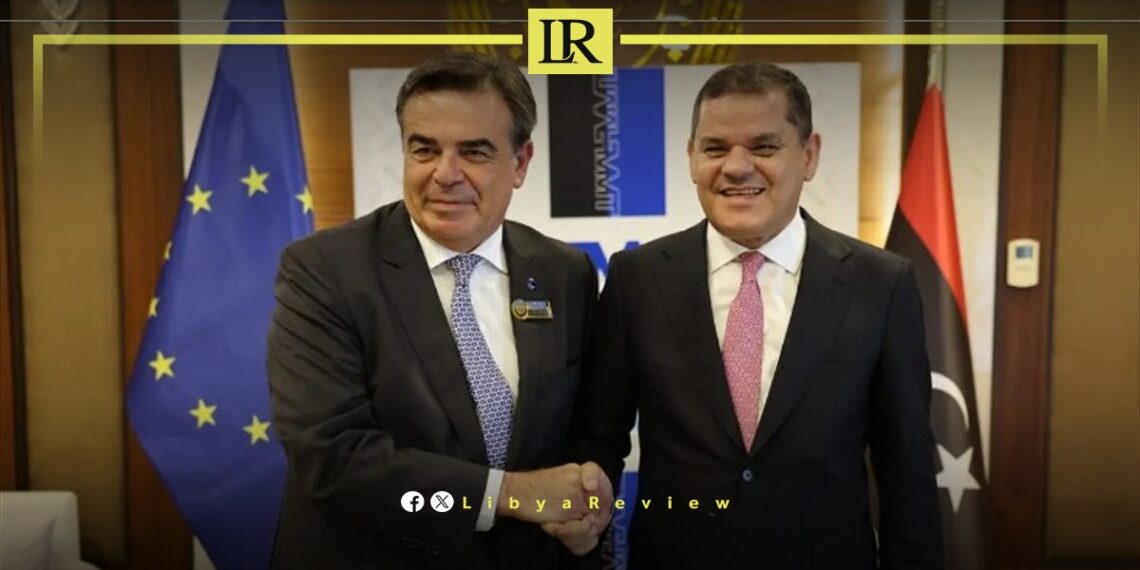On Thursday, the Libyan People’s Voice Party firmly rejected the European Union’s comprehensive plan to combat illegal migration in Libya. This statement, obtained by Ain Libya, comes in response to comments made by European Commission Vice-President Margaritis Schinas during the Mediterranean Migration Forum in Tripoli on Wednesday.
The party emphasized that solutions to the challenges of illegal migration should stem from Libyan realities and national needs, rather than external proposals that fail to consider the unique characteristics and aspirations of Libyan society.
They advocate for intensifying voluntary return flights for illegal migrants in collaboration with the International Organization for Migration (IOM) to ensure their return with dignity and respect.
Furthermore, the party calls for increasing humanitarian evacuation flights for migrants needing international protection in coordination with the United Nations High Commissioner for Refugees (UNHCR). Strengthening efforts to combat illegal migration in Libyan cities and villages and ensuring the security of land borders to prevent the influx of illegal migrants are also crucial components of their proposed approach.
The People’s Voice Party stated that Libya will not serve as a guardian of European shores and will not accept the settlement of illegal migrants of all social and age categories on its territory. They insist that the international community, particularly the European Union, must shoulder its responsibilities toward this crisis in a fair and balanced manner.
The party called on Prime Minister Abdul Hamid Dbaiba to uphold Libyan sovereignty and reject proposals that do not serve the national interest. They urged the government to strengthen sustainable Libyan solutions to tackle the challenges of illegal migration, ensuring the stability and security of Libya and its people.
Libya has been a significant transit country for migrants and refugees attempting to reach Europe. The ongoing conflict and instability have exacerbated the challenges of managing migration flows.
Over the years, the European Union has sought to collaborate with Libyan authorities to curb the number of migrants crossing the Mediterranean Sea. However, this cooperation has often been criticized for its heavy-handed approach and failure to address the root causes of migration.


